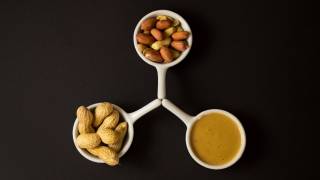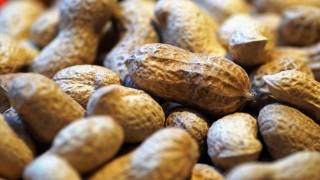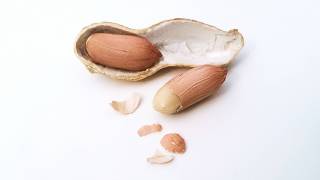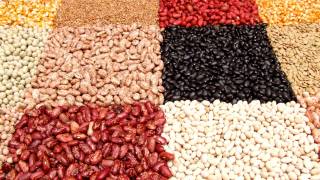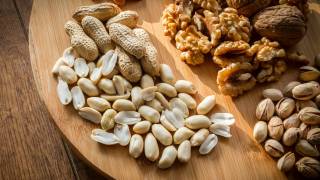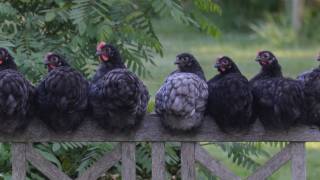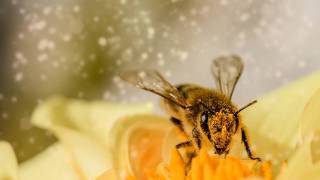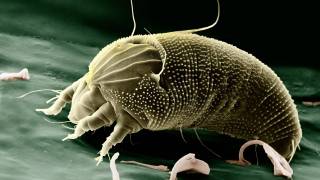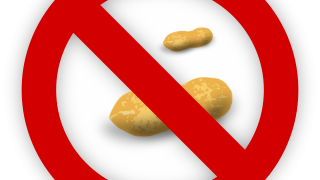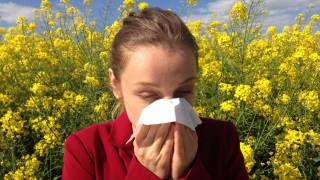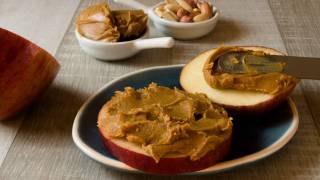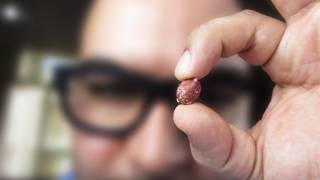Injectable Allergy Vaccine Candidate for Hay Fever Showed Initial Positive Results

Researchers at the University of Copenhagen have developed a new vaccine candidate for hay fever that may reduce treatment times and increase the effectiveness of treatments.
This pre-human, vaccine candidate is based on specific sugar molecules that may increase the effect of treatments and reduce treatment times.
These researchers have tested the new injectable vaccine on mice and in so-called in vitro tests on human cells.
They used birch as the test allergen, which is a substance that can cause allergy when a person comes into contact with or ingests it.
Several of the allergens - causing for example hay fever - are so-called glycoproteins.
The researchers attached sugar molecules to the allergen to try to improve the effect of vaccination.
'In the study we show that sugar molecules can be used to ensure that an allergen reaches the right cells in the immune system and increases the intake of the vaccine, improving the effect hereof,' says Assistant Professor Caroline Benedicte K. Mathiesen, who has headed the project, which was conducted by the Department of Cellular and Molecular Medicine and the Copenhagen Center for Glycomics, in close collaboration with the pharmaceutical company ALK-Abelló.
“At the same time, the sugar molecules increase the activity of a different group of cells in the immune system, T cells, which help perform the functional part of the process.”
The researchers are seeking to further develop the vaccine to make it effective enough to be used on human allergy patients. The method - optimizing a vaccine using sugar molecules - can potentially also be used to optimize treatments for other diseases. Instead of coupling sugar molecules with allergens, the researchers may simply couple it with different proteins.
'We are uncovering which sugar molecules are useful in connection with vaccines - and not just vaccines for allergy, but vaccines in general. We begin by understanding the role of sugar molecules in the immune system's reactions to various diseases,” said Mathiesen.
Allergy has become a common disease, and hundreds of millions around the world suffer from allergic rhinitis, or hay fever, with discomforts like colds, fatigue, and red, itchy eyes.
'We believe the current form of vaccination can be optimized. Initially, our goal was to create an artificial production of the proteins on which allergy vaccines are based and to optimize the proteins making them more effective and fast-working,” said Professor Hans Wandall from the Department of Cellular and Molecular Medicine and the Copenhagen Center for Glycomics.
“We did that using sugar molecules. In the long term our goal is to reduce the treatment time by half, while at the same time lowering the treatment dose', said Wandall.
The research results have been published in the scientific Journal of Allergy and Clinical Immunology. The researchers have collaborated with the pharmaceutical company ALK-Abelló.
Our Trust Standards: Medical Advisory Committee



